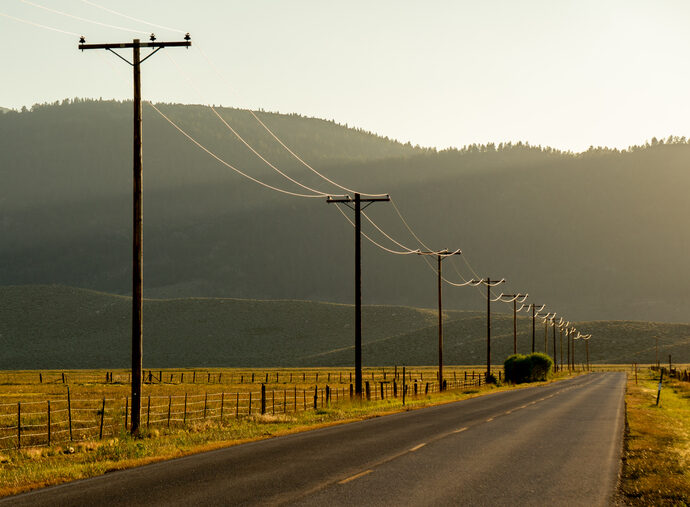
What They Are Saying: It’s Time to Act on Pole Access Reform
Public and private sector leaders agree: effective rules and regulations on pole access are urgently needed to ensure that unserved communities across the country see swift, meaningful results from historic federal broadband investments.
“I urge you [FCC] to prioritize issuing a final rule to set clear standards on cost sharing of upgrades and replacements to utility poles.”
Senator Ron Johnson (R-Wisconsin) | Source: Letter to FCC Chairwoman Jessica Rosenworcel (March 17, 2023)
“Recipients of federal broadband funding should be able to access utility poles without unreasonable delays or excessive charges to deploy their networks and compete on a level playing field. It is therefore important to ensure that pole owners, such as electric distributors, not leverage their position or manipulate regulatory schemes to impede broadband deployment by competitors or extract unreasonable prices.”
Senator Mike Lee (R-Utah) | Source: Letter to DOJ (June 22, 2023)
“We support the Federal Communications Commission’s (FCC) recent proposed rule regarding the process of attaching and replacing utility poles. The high costs and long waits imposed by pole owners on telecommunications providers slow down broadband expansion in rural America. Enacting common sense reforms that promote fair and timely access to poles, quick resolution of pole attachment complaints, and fair allocation of costs between pole owners and attachers will ensure reliable internet access is expanded into hard-to-reach parts of our country. It’s important that these changes are made as quickly and effectively as possible.”
Congressmen Mike Carey (R-Ohio) and David Joyce (R-Ohio) | Source: Letter to FCC Chairwoman Jessica Rosenworcel (December 19, 2022)
“The poles are owned by electric or phone companies that often aren’t getting public money to build out broadband, triggering skirmishes that some internet providers blame for slowing needed upgrades. Disputes involving utility poles have gummed up broadband projects in Kentucky, Michigan and South Carolina. One squabble in Socorro, N.M., left two elementary schools without high-speed internet for several years.”
Source: Wall Street Journal (March 12, 2023)
“The current practice of many investor-owned utilities to charge incoming attachers the full costs to replace aging poles is economically unsound, inequitable, and contrary to goals of promoting broadband deployment and competition.”
ACA Connects | Source: Letter to FCC (March 6, 2023)
“[Kelly] Schlegel noted that internet service providers who want to attach to existing wood poles – a primary way to attach broadband equipment – must still pay for the replacement of poles if an upgrade is needed to accommodate them. Because the third-party providers must also continue to rent space on the pole, the project becomes very expensive.”
Kelly Schlegal, Director of New Mexico Office of Broadband Access and Expansion | Source: Broadband Breakfast (June 27, 2023)
“In rural areas, many poles may be too old or too short or otherwise not designed to accept another attacher. If a pole needs to be replaced, the new installer has to bear the cost…we’ve been waiting almost a year now for pole replacement authorization for a job that’s ready to go.”
Sam Haulman, General Manager of Service Electric Cablevision (PA) | Source: The Danville News (May 25, 2023)
“…Broadband entrants will continue to seek use of the existing pole infrastructure. But the underlying process to obtain access to these [utility] poles strains credibility and the rates being charged far exceed established norms.”
Michael O’Rielly, former FCC Commissioner | Source: Official Statement Before the House Energy & Commerce Committee (April 19, 2023)
“With respect to accessing poles to string fiber, large utilities repeatedly refuse to replace or bear financial responsibility for non-compliant poles, delay the make-ready process, or use self-imposed safety standards that exceed national standards in order to charge competitors the full cost of an upgraded pole replacement. These additional barriers to deployment slow down the process, increase costs, and often prevent providers from reaching underserved and unserved communities and offering customers faster, more affordable options.”
Angie Kronenberg, President of INCOMPAS, the Internet & Competitive Networks Association | Source: Medium (March 1, 2023)